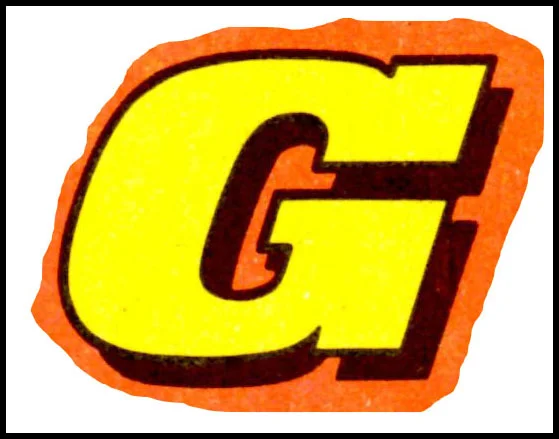On this day, 29 April 1989: Crisis
Cover artwork: Glenn Fabry
Crisis? What Crisis? It’s 28 years since this issue hit the newsstands, and bar a few notes on fashion, technology and political detail it wouldn’t seem entirely out of place if published for today. In Pat Mills, Alan Mitchell and Carlos Ezquerra’s Third World War, the young footsoldiers of military aid corp Freeaid return to a near-future London under jackbooted security lockdown. Troubled Souls – a debut serial for Garth Ennis and John McCrea – explores the deliberations of a young man in Belfast drawn into the Troubles. And Sticky Fingers by Myra Hancock and David Hine is a low-key tale of the life on the dole for a young woman in a Camden flatshare. These are voices of recognition and empathy for the discontented; while modern-day unrest continues to be fed primarily by a foul, self-serving right-wing mass media, there’s surely a need for a contemporary re-launched Crisis.
Interestingly, this edition, issue number 17, was the latest in a mini spring re-launch of the comic in itself. The free stickers, the three-story format, and various other marketing initiatives (including trade advertising and a 50,000-copy giveaway in the pages of NME) were all part of a investment secured by managing editor Steve MacManus with an unusual pitch at a Crisis crisis meeting with middle-management executives at the Maxwell Communication Corporation, which had recently bought IPC’s Youth Group. In an effort to convince the suits that there was a market for the Crisis brand of left-leaning social commentary, Steve quoted to them the lyrics of Enya’s chart hit Orinoco Flow. It was only after the meeting, and which the marketing spend had been signed off by rather nonplussed management, that Steve realised the words of the song’s chorus were ‘Sail away’ rather than ‘Save the whale’. It’s all there in the Mac’s outstanding memoir, Mighty One – still available in print and eBook from the Rebellion store.
Third World War: Back in Babylon: Pat Mills and Alan Mitchell (writers), Carlos Ezquerra (artist)
Third World War: Back in Babylon: Pat Mills and Alan Mitchell (writers), Carlos Ezquerra (artist)
Third World War: Back in Babylon: Pat Mills and Alan Mitchell (writers), Carlos Ezquerra (artist)
Third World War: Back in Babylon: Pat Mills and Alan Mitchell (writers), Carlos Ezquerra (artist)
Sticky Fingers: Myra Hancock (writer), David Hine (writer)
Sticky Fingers: Myra Hancock (writer), David Hine (writer)
Sticky Fingers: Myra Hancock (writer), David Hine (writer)
Troubled Souls: Garth Ennis (writer), John McCrea (artist)
Troubled Souls: Garth Ennis (writer), John McCrea (artist)
Troubled Souls: Garth Ennis (writer), John McCrea (artist)
Poster: Brendan McCarthy (artist)
















